Understanding HVAC Warranties
February 13, 2025
Common HVAC Problems and How to Avoid Them
March 24, 2025HVAC systems don’t last forever, and knowing when to replace yours can save money and prevent unexpected breakdowns. A newer system can also improve energy efficiency, comfort, and reliability. If you’re unsure whether it’s time for an upgrade, here are key signs to consider replacing your HVAC system.
1. Age of Your System
Most HVAC systems last between 10 and 15 years with proper maintenance. If yours is approaching this range, it may be time to start planning for a replacement. Older systems lose efficiency, require more frequent repairs, and struggle to maintain consistent temperatures. Upgrading to a modern, energy-efficient unit can lead to long-term savings and improved performance.
2. Frequent and Costly Repairs
Are you calling for repairs more often? If repair costs are adding up, replacing the system might be the smarter financial decision. A general rule of thumb: if a repair costs more than 50% of a new system’s price, replacement is the better option. Investing in a new unit eliminates ongoing maintenance costs and provides peace of mind.
3. Increasing Energy Bills
Have you noticed a steady rise in your energy bills? As HVAC systems age, they lose efficiency, causing them to work harder and consume more energy. If your utility costs keep climbing despite no changes in usage, upgrading to a high-efficiency system with a better SEER (Seasonal Energy Efficiency Ratio) rating can significantly reduce expenses.
4. Uneven Heating or Cooling
Do some rooms feel too hot while others remain too cold? An aging system may struggle to distribute air evenly, leading to discomfort and inefficiency. This issue could be due to deteriorating ductwork, an undersized system, or declining overall performance—all of which indicate it might be time for a replacement.
5. Unusual Noises or Odors
Strange sounds like rattling, banging, or screeching often signal failing components. Similarly, musty, burning, or moldy odors could indicate electrical issues or poor air quality due to system malfunctions. These warning signs shouldn’t be ignored, as they may lead to costly breakdowns.
6. Poor Indoor Air Quality
A well-functioning HVAC system helps filter allergens, dust, and pollutants. If you’ve noticed excessive dust, humidity imbalances, or worsening allergy symptoms, your system might be struggling to maintain air quality. A newer unit with advanced filtration can significantly improve indoor air conditions.
7. Outdated Technology and Smart Features
Newer HVAC systems come equipped with smart thermostats, zoning capabilities, and energy-efficient innovations that enhance control and comfort. If your system lacks these modern features, upgrading could provide better convenience, efficiency, and long-term savings.
8. Home Renovations or Increased Demand
If you’ve expanded your living space or remodeled your home, your current HVAC system may no longer be properly sized to meet demand. A replacement ensures optimal performance, energy efficiency, and year-round comfort.
9. Environmental Impact and Energy Regulations
Advancements in HVAC technology have led to eco-friendly systems that use better refrigerants and comply with updated energy efficiency standards. If sustainability and reducing your carbon footprint are priorities, upgrading to a newer model is a smart choice.
If you’re experiencing any of these issues, replacing your HVAC system could be a wise investment. A new system can lower energy bills, enhance indoor comfort, improve air quality, and provide long-term reliability.
Mountain Peak Air can help you explore energy-efficient HVAC options that fit your needs. Contact us today for a free consultation!





